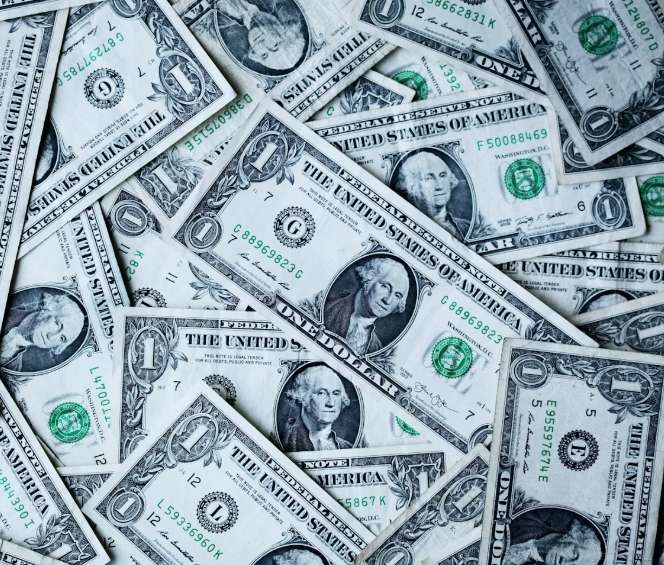Barbados Offers Two-for-One Exchange Rate, Excluding US Dollar Coins.
The Central Bank of Barbados has responded to public concerns regarding the refusal of some businesses to accept US $1 bills. While acknowledging the frustration this practice causes, the Bank clarifies its limited legal authority in dictating the acceptance of foreign currency by businesses. Essentially, the acceptance of foreign currency is at the discretion of individual businesses and not mandated by law. The Bank assures the public that commercial banks continue to accept US $1 notes and regularly process these deposits from customers. This provides an avenue for individuals holding US $1 bills to exchange them for Barbadian dollars, ensuring their usability within the local economy.
The legal tender status of the Barbadian dollar (BBD) underscores the voluntary nature of foreign currency acceptance by businesses. While the BBD is the only official currency recognized by law, businesses are permitted to accept other currencies, such as the US dollar, at their discretion. This discretionary acceptance creates inconsistencies, particularly noticeable with smaller denominations like the US $1 bill. The variability in acceptance practices arises from the fact that businesses are not legally obligated to accept foreign currency. Thus, the decision rests solely with the individual business, leading to the observed disparities.
The most reliable course of action for individuals holding US $1 notes is to exchange them at local commercial banks. These institutions have confirmed their willingness to accept these notes, facilitating their conversion into Barbadian dollars. This exchange process ensures that individuals can readily utilize their funds within the Barbadian economy, bypassing the uncertainty surrounding acceptance practices of individual businesses. This process provides a consistent and reliable method for utilizing US $1 notes within Barbados.
The fixed exchange rate between the Barbadian dollar (BBD) and the US dollar (USD), established at 1 USD = 2 BBD since July 5, 1975, forms a cornerstone of the monetary relationship between the two currencies. This peg signifies that 1 BBD is equivalent to 0.50 USD, creating a stable and predictable environment for transactions involving both currencies. The fixed rate simplifies currency exchange and fosters economic stability by eliminating fluctuations in the relative values of the two currencies.
While the fixed exchange rate facilitates seamless transactions between the BBD and USD, it’s crucial to distinguish between the acceptance of US dollar bills and US dollar coins. The fixed exchange rate applies specifically to the exchange of paper currency and does not extend to coins. Therefore, US coins, including the US $1 coin, are not legal tender in Barbados and are not accepted by banks. This distinction highlights the limitations of the fixed exchange rate and clarifies the non-fungible nature of US coins within the Barbadian economy. The widespread use of the US $1 coin in other countries, such as Ecuador, does not alter its non-acceptance in Barbados.
The Central Bank of Barbados’ clarification on the acceptance of US $1 bills underscores the distinction between legal tender and discretionary acceptance of foreign currency. While the BBD remains the sole legal tender in Barbados, businesses retain the autonomy to accept or decline foreign currency. This discretionary practice results in inconsistencies, particularly affecting smaller US dollar denominations. The recommended course of action for individuals holding US $1 bills is to exchange them at commercial banks for BBD, ensuring their usability within the local economy. The fixed exchange rate between the BBD and USD, while promoting stability and ease of exchange for paper currency, does not extend to the acceptance of US coins, including the US $1 coin, which remain non-accepted within the Barbadian financial system. This clarification provides a comprehensive understanding of the currency dynamics and practices within Barbados, addressing the public’s concerns and offering practical guidance for utilizing US currency within the island nation.
Share this content:












Post Comment